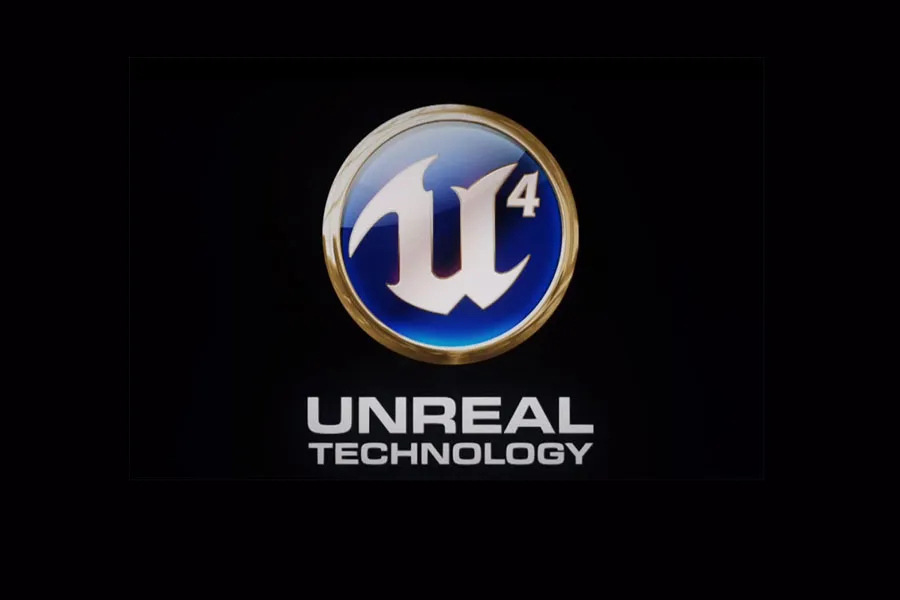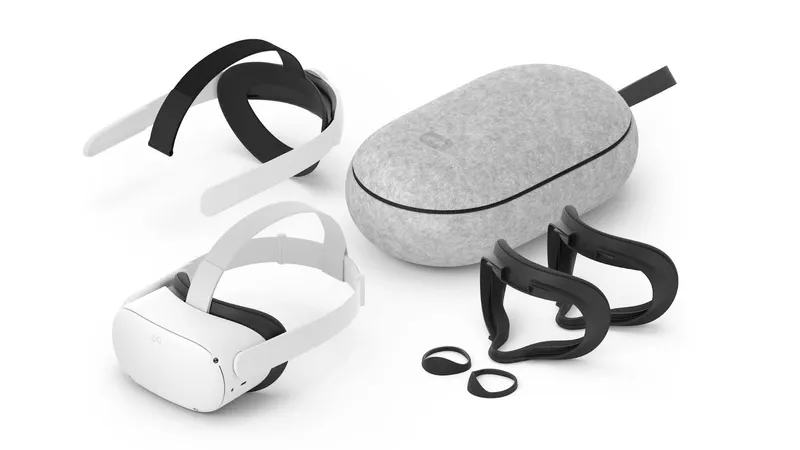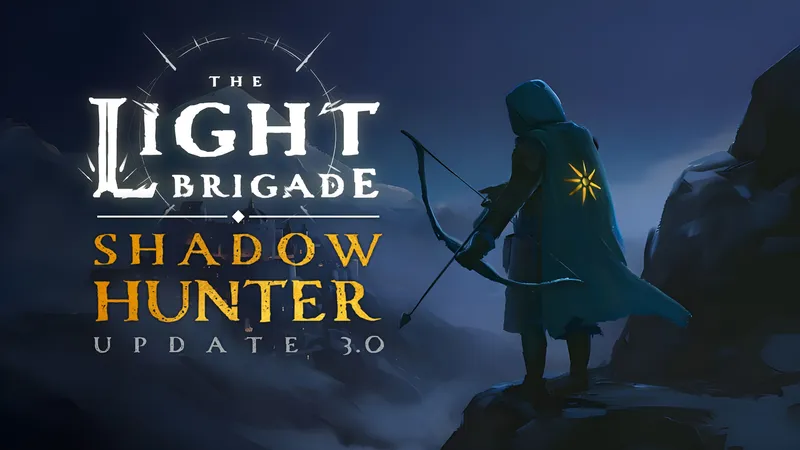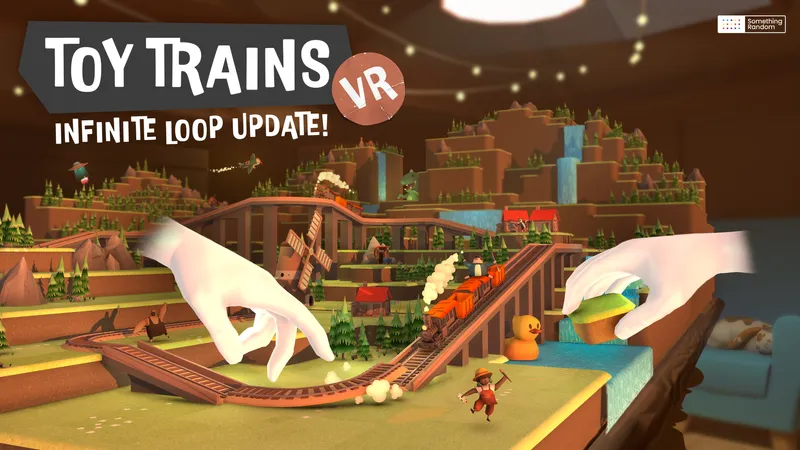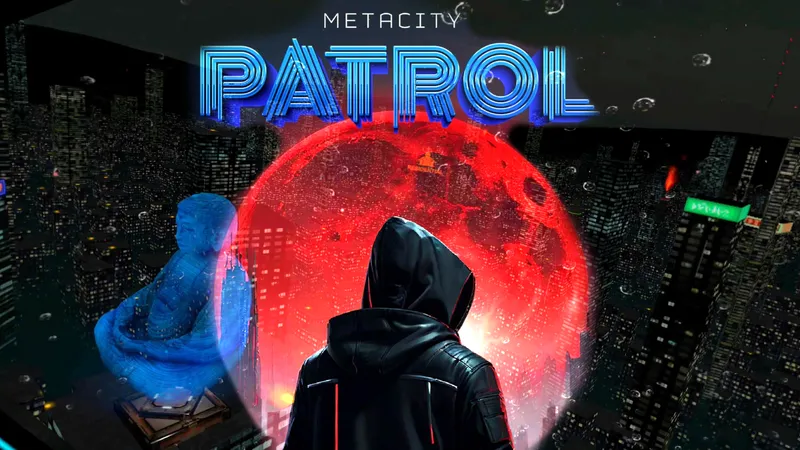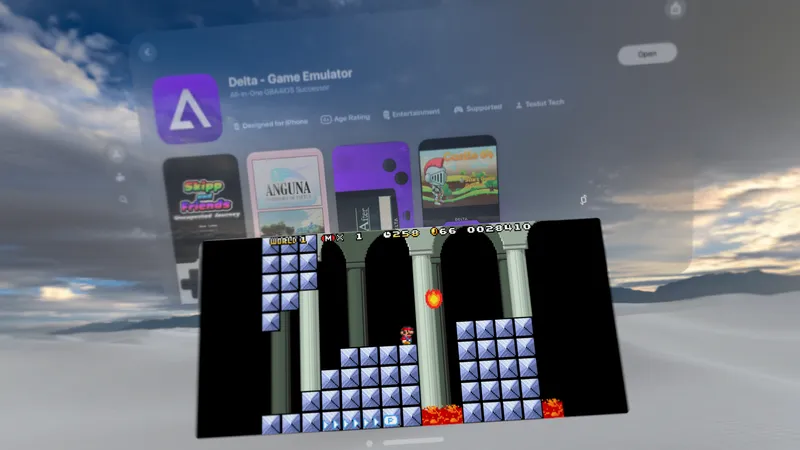Here at the Upload Journal, we talk a lot about Virtual Reality’s uses beyond gaming. The potentials for this platform are truly limited only by our imaginations. This all being said, it is undeniable that games will play a massive role (if perhaps not the most massive role) in helping VR take off as a transformative new medium. Even Palmer Luckey himself has said that games are going to be what the industry is initially built on. It is clear that delivering incredible gaming experiences is a priority, and after going through the Crescent Bay demo it was clear that Oculus wanted to highlight one development platform for VR gaming, the Unreal Engine.
Epic Games first showcased the Unreal Engine all the way back in 1998, and since then the platform has blossomed into one of the premier creation tools for first person gaming, which is why it is such a perfect marriage for VR. Epic Games has also been known to push the envelope before with new gaming platforms, like it did with Infinity Blade on mobile, a game which redefined mobile gaming and proved console-quality graphics were possible on a smartphone. With Infinity Blade now on it’s third iteration, and VR on the ever-closing horizon, Unreal Engine 4 (UE4) and Epic Games are getting serious about VR.

Unreal Engine 4 has been on the VR train for about two years now, it seems like yesterday at this point but it was all the way back in 2013 when we first saw Jimmy Fallon trying out the Epic Citadel demo in January which was running on UE3. Unreal followed this up with its Elemental VR demo at E3 in June which showed off the power of UE4 in VR for the first time, picking up a bunch of awards along the way. Since then a lot has happened with the development of games on the platform, including Oculus embracing the engine as their preferred one for internal development. While no official announcement has been made to this necessarily from the Oculus brass, actions speak louder than words. At both CES and Oculus Connect, UE4 was used to run most, if not all of the demos, including even adding a UE4 splash screen in between certain demos. Most notably, the showcase, final demo shown at both events was “Showdown” (or as Epic calls it, “Car Flip”) which may be the most polished looking demo out there right now, providing gamers and enthusiasts a glimpse of what AAA titles might look like on the Rift.
https://www.youtube.com/watch?v=LKg1ZurT2dE
Speaking of potential AAA titles, a number of other “mainstream” VR experiences are using the platform now. Eve: Valkyrie, which recently made the switch from Unity to UE4, is one of those titles. Lead game developer Chris Smith told Polygon, “it’s just a great engine that renders a great game. It allows me to express what I need to express on a tool I’m familiar with.” Smith continued further, likening moving the game from Unity to UE4 to “turning it into a real boy.” Another major upcoming VR game, Adr1ft, also made the switch from Unity to UE4. It’s clear that as we move towards true consumer VR UE4 is going help lead the way, and that is a good thing.

UE4 has long been one of the, if not the best, platforms for developing first person perspective experiences so it really makes sense that as we are transporting ourselves into the virtual world it is the platform a lot of developers are leaning on. Major studios like Kite & Lightning, Untold Games, and White Lotus Interactive are all on board with the engine and creating VR experiences. Oculus is already showcasing them as the platform for their pre-CV1 prototype, the Crescent Bay. So what are some of the things that make UE4 so great for developers? First of all, UE4 looks great right out of the box its beautiful and easy to use and makes some pretty impressive looking games. Second, it is open source software, which is huge during such a nascent time in the VR industry where things seemingly change every week. Speaking of that, it comes with Oculus support directly out of the box, without the use of any plugins. For the programming portion, there is some great visual programming the platform offers with the blueprint system. All this with a cheap monthly subscription of only $19, and you have a great platform for developers to start building incredibly detailed VR experiences.
2015 is going to be a great year for VR, and I fully expect we will see quite a lot of the spinning UE4 logo in our HMDs over the course of it.
Edit: Full transparency, Unreal is a sponsor for the UPLOAD World Tour Kickoff event Friday Jan 16th. They provided us with answers to our questions, but did not approve or disapprove this article before it’s release. The statements contained within are the opinion of the author after making observations at CES 2015.

